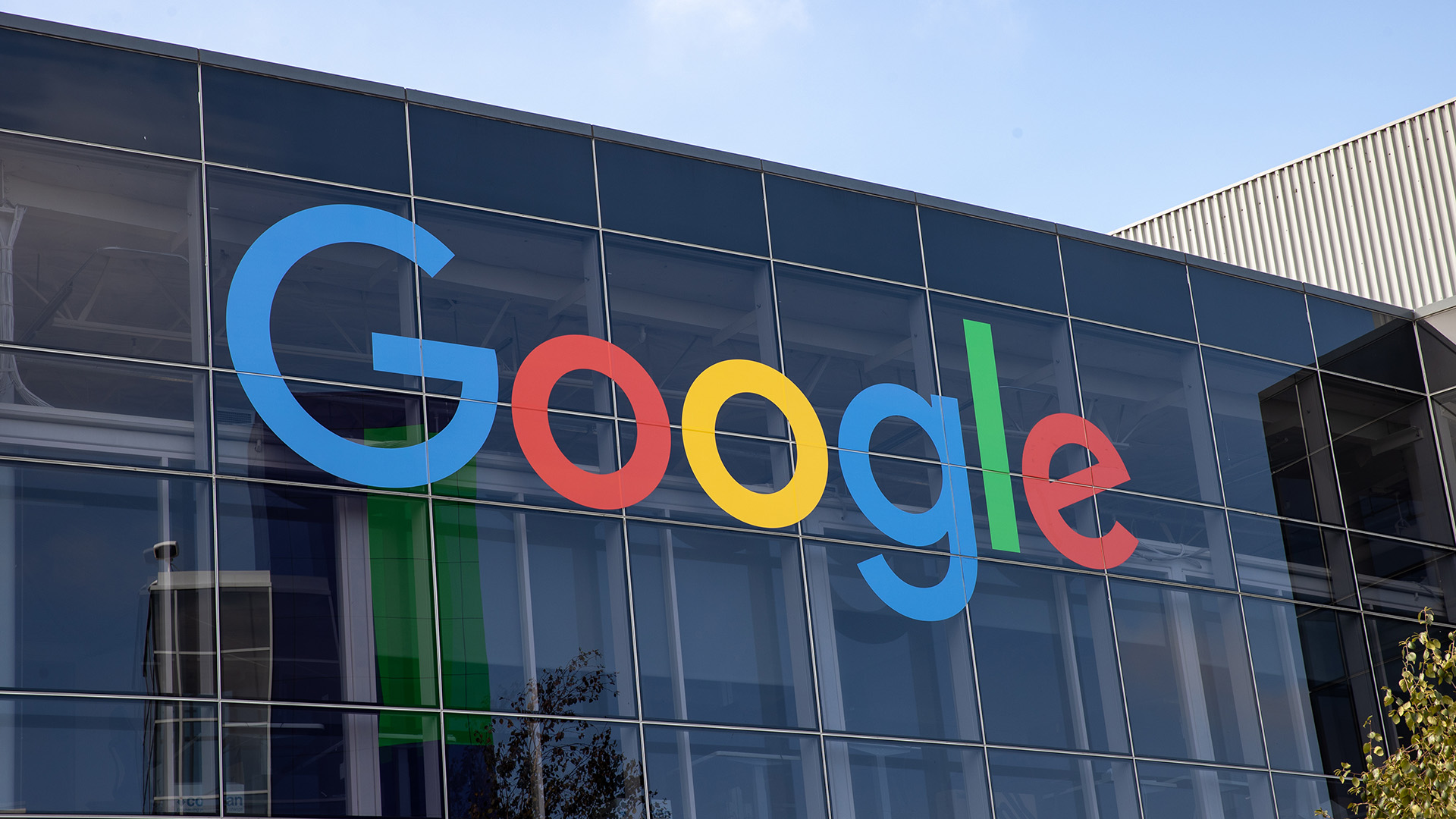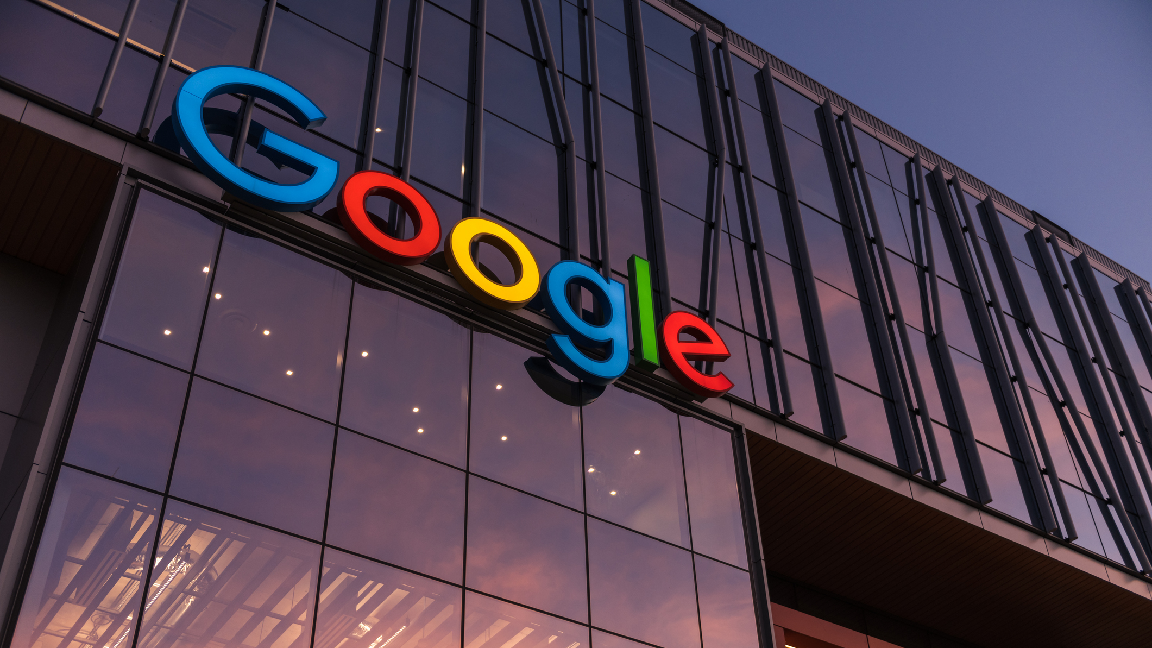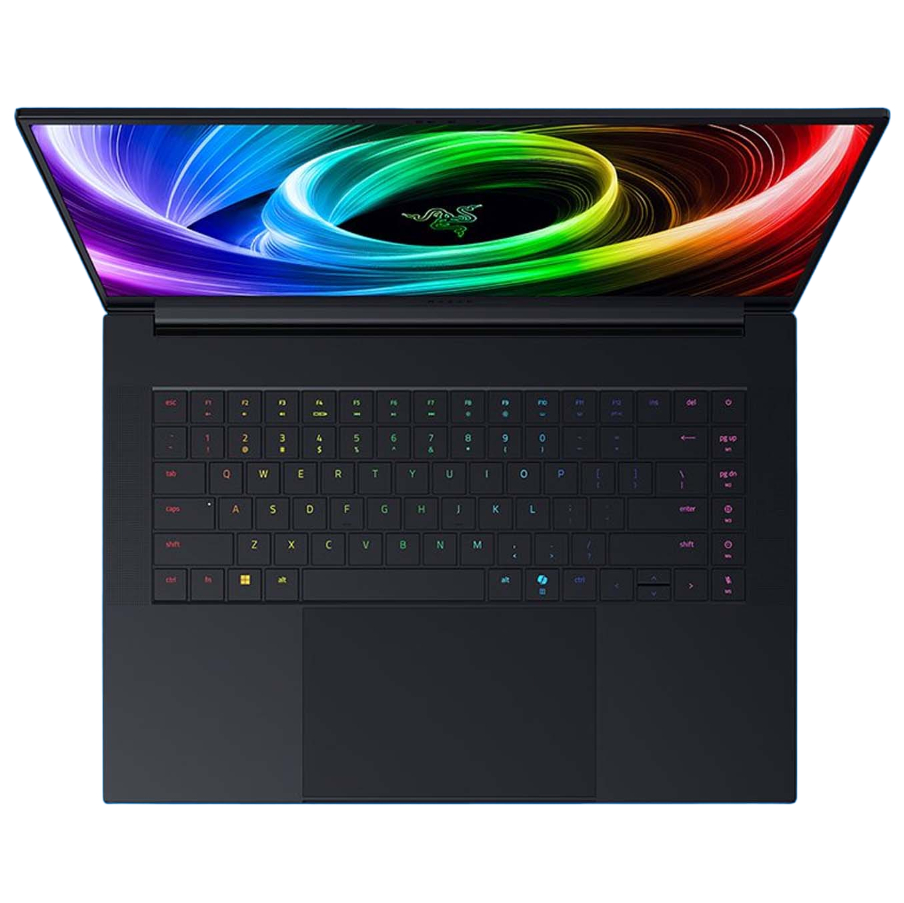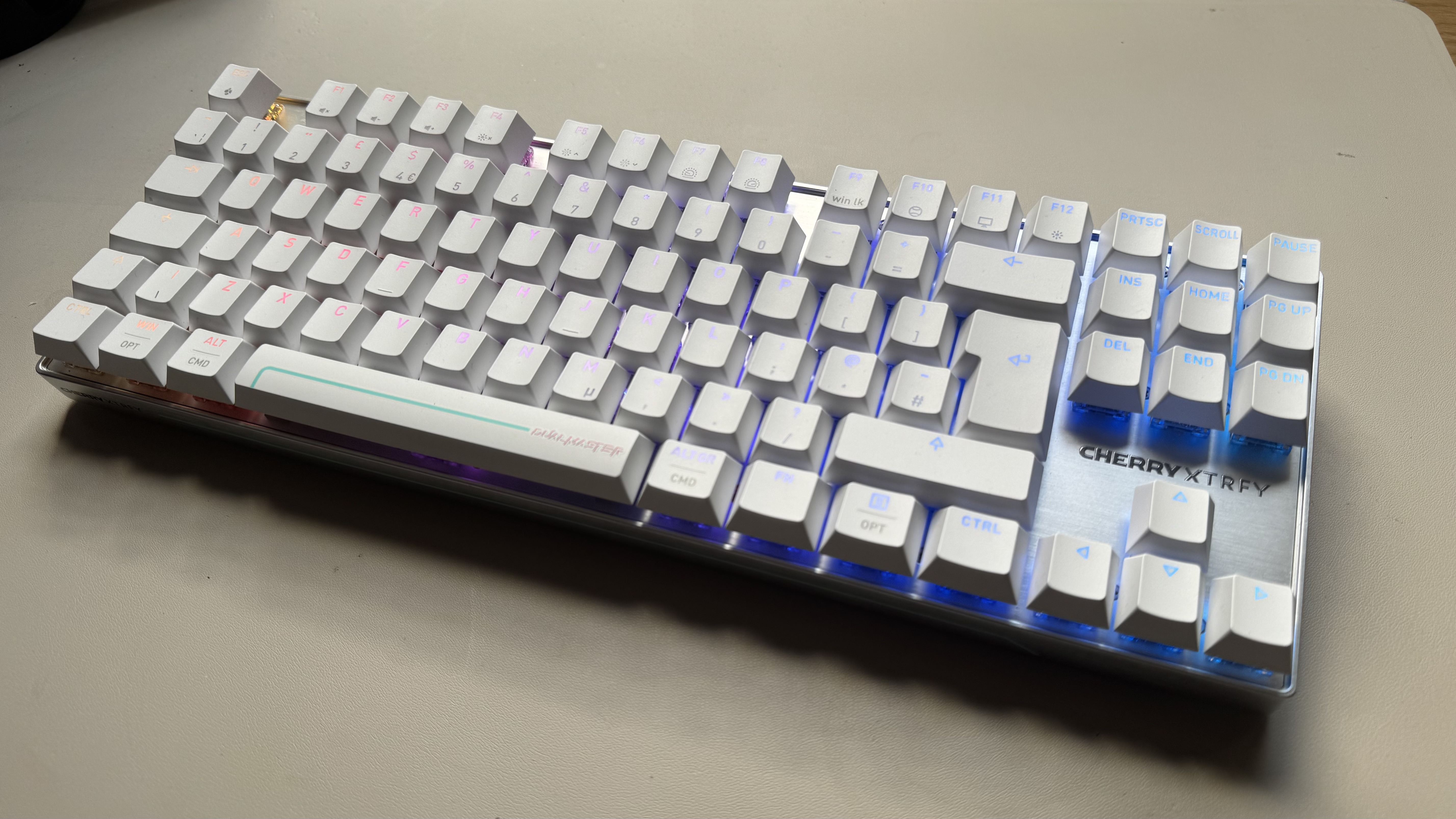Google will not be forced to sell Chrome, despite its near-monopoly, as its dominance is not 'sufficiently attributable to its illegal conduct'
The Google monopoly case should be fully wrapped up this month.

Keep up to date with the most important stories and the best deals, as picked by the PC Gamer team.
You are now subscribed
Your newsletter sign-up was successful
Want to add more newsletters?
Just earlier this year, the US DOJ came in hot arguing "Google must divest the Chrome browser", and accusing it of dominance "through its unlawful and unchecked, monopolistic conduct over the past decade." For a while, it felt like something might happen to break it apart, and now it appears this was all bluster.
As spotted by The Guardian, a judgment was filed on Tuesday, ruling on the ongoing case of the United States of America v. Google LLC (PDF). It is effectively a final opinion from Judge Amit Mehta, who previously argued "Google is a monopolist" in August of last year and also argued it has "no true competitor".
Effectively, both groups will present a final judgment to the court by September 10, 2025, ironing out any differences and adhering to the arguments made. Things aren't expected to majorly change, and this will be based on the finer details.
The major determinations from the judge are as follows:
- Google will not be allowed to enter exclusive contracts relating to the distribution of its search tools, assistant, or Chrome
- It will not be required to divest Chrome, as previously argued, as "this court cannot find that Google’s market dominance is sufficiently attributable to its illegal conduct to justify divestiture"
- Google will not be stopped from giving incentives (paid or otherwise) in return for the preloading or placement of Google products
- Google has to share certain index and user-interaction data with 'qualified competitors, ' though it doesn't have to share ad data.
- Google has to offer search and search text ads syndication services to 'qualified competitors', to allow them to "deliver high-quality search"
- Google does not have to give users a choice screen on any of its products and doesn't need to encourage Android partners to do the same
- Google does not have to share query-level data with advertisers. It must, however, disclose any "material changes" made to ad auctions
Plaintiffs previously argued for Google to run a nationwide public education campaign for it to modify policies to give publishers more choice over how their information is used, and for it to be subject to "investment reporting" requirements. None of these will be enforced.
Generative AI takes up a rather large portion of the court judgment. When asked, "Are there any products at Google of significance that generative AI has not been integrated into?", Google's representative simply replied "no". This case has been ongoing since October 2020, and "Much has changed since the end of the liability trial, though some things have not. Google is still the dominant firm in the relevant product markets."

The judgment argues "artificial intelligence technologies, particularly generative AI (“GenAI”), may yet prove to be game changers", and it cites the "tens of millions of people" who use AI chatbots like ChatGPT. Though the case argues they aren't replacing GREs (general search engines), it surmises that developers will add features to generative AI platforms to make them function more like traditional search engines as they get better. The case argues that generative AI has "changed the course of this case."
Keep up to date with the most important stories and the best deals, as picked by the PC Gamer team.
Google "urges the court to do nothing more because the GenAI technology space is highly competitive, and any further restrictions would unfairly hobble it in that fight." In line with this, many of the plaintiff's proposed acts are made to stop Google from carrying over its dominance into the future of AI.
The judgment states, "Unlike the typical case where the court’s job is to resolve a dispute based on historic facts, here the court is asked to gaze into a crystal ball and look to the future. Not exactly a judge’s forte".
In the four years this case has been active, it appears to have warped from a retaliatory attempt to shut down Google's monopoly to guesswork about what generative AI will do to the way we engage with search. The judgment states there's "ample evidence that lawful conduct played an important role in Google’s maintenance of its monopoly" and that its dominance is partly down to "best-in-class search quality, consistent innovations, investment in human capital, strategic foresight, and brand recognition"
All-in-all, this seems like a bit of a win for Google, given how dire things looked by the end of last year. In December, I argued "the devil is in the details" with this specific case, and the devil (as has become common recently) appears to be AI. Well, that and a pretty solid search engine.

👉Check out our list of guides👈
1. Best gaming laptop: Razer Blade 16
2. Best gaming PC: HP Omen 35L
3. Best handheld gaming PC: Lenovo Legion Go S SteamOS ed.
4. Best mini PC: Minisforum AtomMan G7 PT
5. Best VR headset: Meta Quest 3

James is a more recent PC gaming convert, often admiring graphics cards, cases, and motherboards from afar. It was not until 2019, after just finishing a degree in law and media, that they decided to throw out the last few years of education, build their PC, and start writing about gaming instead. In that time, he has covered the latest doodads, contraptions, and gismos, and loved every second of it. Hey, it’s better than writing case briefs.
You must confirm your public display name before commenting
Please logout and then login again, you will then be prompted to enter your display name.

